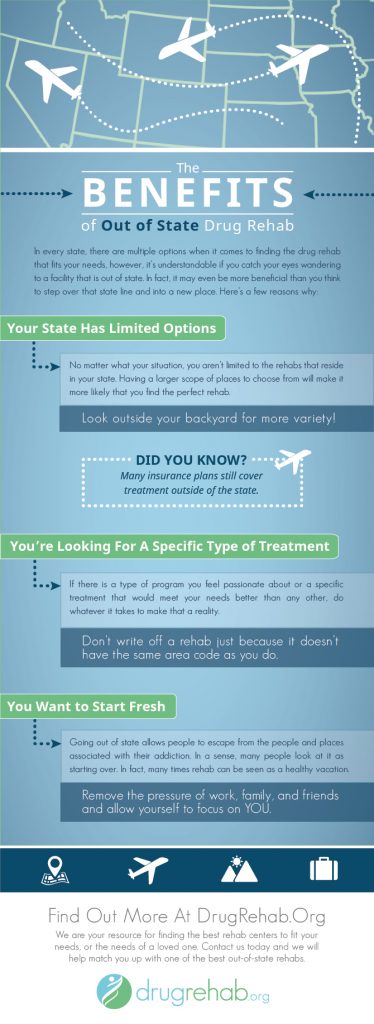Discover The Secrets To Producing A Comprehensive Aftercare Approach Adhering To Drug Rehabilitation And Lay The Structure For Sustained Success
Discover The Secrets To Producing A Comprehensive Aftercare Approach Adhering To Drug Rehabilitation And Lay The Structure For Sustained Success
Blog Article
Produced By-Brandt Aagaard
You have actually completed drug rehabilitation, and currently it's time to produce a successful aftercare plan to guarantee your long-lasting recovery.
Photo this: you're a person determined to remain clean and build a satisfying life. This post will guide you with identifying continuous support systems, incorporating therapy and counseling, and developing healthy coping devices.
With these strategies, you'll be equipped to thrive in your journey of soberness.
Let's get going.
Identifying Ongoing Assistance Equipments
You need to identify at least 3 ongoing support systems to guarantee a successful healing after drug rehab.
The very first support system is your family and friends. They can provide emotional support, motivation, and aid you stay liable. They can also give a secure and understanding atmosphere where you can share your struggles and triumphes.
The 2nd support group is your therapist or counselor. They can help you work through any kind of underlying concerns that might have added to your addiction and offer assistance on just how to avoid relapse. They can also show you dealing mechanisms and healthy methods to handle anxiety.
The 3rd support group is a support system or a sober community. Being surrounded by others that are experiencing comparable experiences can be unbelievably helpful. They can give a feeling of belonging, understanding, and deal valuable advice and support.
Incorporating Therapy and Therapy
To accomplish a successful healing, it is necessary for you to proactively take part in therapy and counseling sessions, in addition to include them right into your continuous support group. By doing so, you can optimize the advantages of these treatment techniques and boost your possibilities of preserving long-term sobriety.
Here are https://writeablog.net/bryce13ervin/the-reality-concerning-drug-rehabilitation-unmasking-myths-and-offering including therapy and therapy into your aftercare plan is vital:
- ** Emotional Support: ** Treatment and therapy provide a risk-free area for you to reveal your thoughts, sensations, and battles related to your addiction. WhiteSands inpatient drug rehab centers 33610 enables you to work through any unresolved issues and create healthy and balanced coping systems.
- ** Relapse Prevention: ** These sessions outfit you with the needed devices and techniques to avoid relapse. They aid you recognize triggers, create dealing skills, and establish a solid structure for taking care of food cravings and stress and anxiety.
- ** Individual Development: ** Therapy and counseling help with individual growth and self-discovery. They aid you gain insight into the underlying root causes of your dependency, enhance self-worth, and establish much healthier connections.
Developing Healthy Coping Systems
During therapy and counseling sessions, it's critical to actively deal with creating healthy and balanced coping mechanisms in order to effectively take care of stress and obstacles.
You need to recognize and understand your triggers, those things that cause you distress or anxiety. By identifying these triggers, you can establish methods to handle them in a healthy and balanced method. This may involve practicing deep breathing workouts, participating in exercise, or locating an imaginative outlet to reveal your feelings.
It is necessary to also surround yourself with a strong support system of family and friends who can provide encouragement and guidance.
Moreover, self-care tasks such as obtaining sufficient rest, eating well, and exercising leisure methods can significantly contribute to your general wellness.
Conclusion
In the journey towards recovery, developing a successful aftercare strategy resembles tending to a fragile garden. Equally as a gardener nurtures each plant with care and attention, so too should one cultivate ongoing support systems, include treatment and therapy, and develop healthy and balanced coping devices.
By doing so, the seeds of healing will certainly bloom into a prospering garden, providing a strong structure for a brighter, drug-free future.
